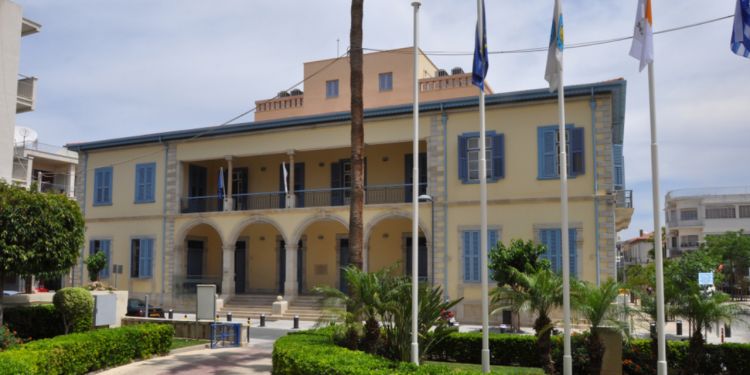
Cyprus is home to world-class universities and university colleges twelve of which offer programmes and courses taught in English. Combine that with the affordable tuition fees and the pleasant climate, and you can understand why students flock from 131 different countries to study (and have fun during their downtime) in Cyprus. Heres what you need to know if you're considering studying in the country.
Do you need a visa to study in Cyprus?
If you are a national of the EU/EFTA, a UK citizen or a holder of a Schengen area passport (Switzerland, Iceland, Liechtenstein, Norway) you don't need a visa to study in Cyprus. You can arrive at the country and head to your university, where you will submit your documentation to their admissions office. The documentation may vary depending on your situation, but in general, you will need the following:
- receipt/proof of payment of the academic tuition and fees paid
- your higher (or upper secondary) education certificates, or certified translations (if the original language is other than English or Greek)
- valid ID/passport
- money (in cash) to cover your accommodation and living expenses
If you are a third-country national though, the process is slightly more complicated. You will need a student visa to enter Cyprus, which is issued only to full-time students. Learn more about the process and documentation here.
Good to know:
If you're coming from India, Pakistan, Bangladesh, Nepal, China or Sri Lanka, you will also need to attend a personal interview at the Cyprus Embassy or Consulate in your country. For this interview, you will need the letter of acceptance from your perspective college in Cyprus, your higher (or upper secondary) education certificates, or certified translations (if the original language is other than English or Greek) and a bank certificate stating that you have the financial means (through parents or sponsors) to support yourself during your studies and stay in Cyprus. Note that you will also be asked for a police clearance certificate, which proves you have a clean record and good conduct. You may also be asked for your fingerprints when entering the country.
Educational System, Institutions, & Fees
The Cypriot educational system is four-tiered. Children can join pre-primary education from 3 years old, which lasts at least one year before primary school. Then comes the mandatory, 6-year primary education and, at 12 years old, youngsters attend Secondary General Education (lower secondary 'Gymnasio' & upper secondary 'Lykeio') for six years. The last three years though, they can choose to attend Secondary Technical and Vocational Education instead.
Higher education functions on both the public and private levels. After Cyprus entered the EU in 2004, the focus has been placed on strengthening the role of higher education and maintaining high standards. English has been chosen as the main language of instruction for many courses/programmes, attracting a large number of international students to Cyprus. Tuition fees, generally consider quite reasonable, differ depending on degree type and university. However, you should expect something below 3,500 euros for international bachelor undergraduate students and between 2,000-2,500 euros for Masters and PhD postgraduate programmes. Cyprus also takes part in Erasmus and other EU programmes such as the Marie Curie Actions. Find out more here.
Good to know:
Although in the past working during studies is not allowed, it is now a possibility for EU/EFTA students or students who also have a work permit. You should make sure though to not surpass 20 hours per week during the semester.
Useful link:
We do our best to provide accurate and up to date information. However, if you have noticed any inaccuracies in this article, please let us know in the comments section below.







Comments